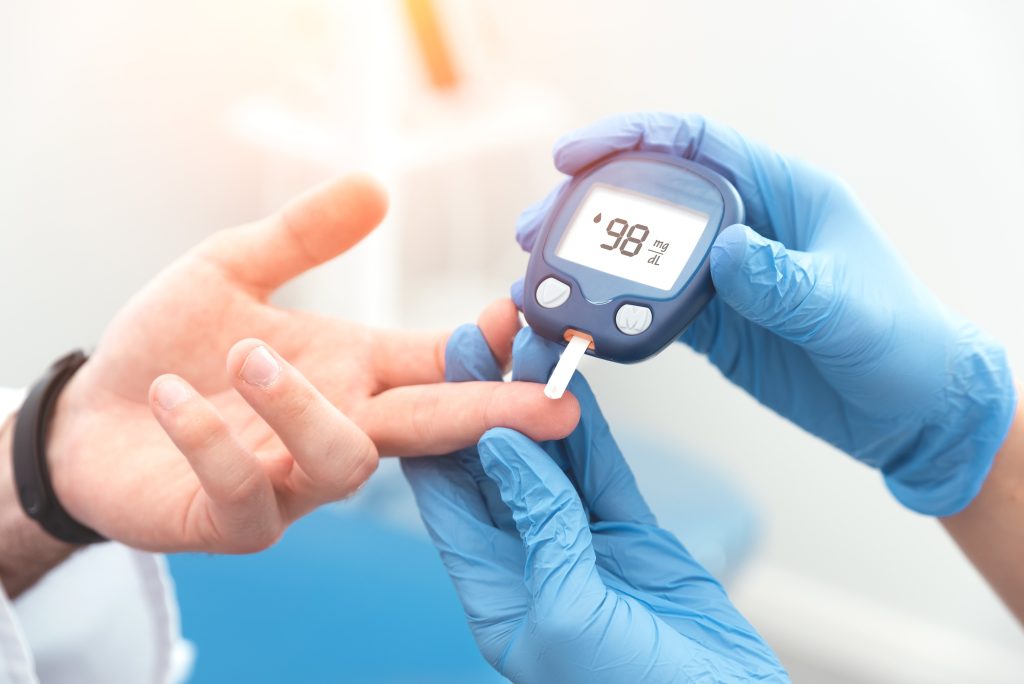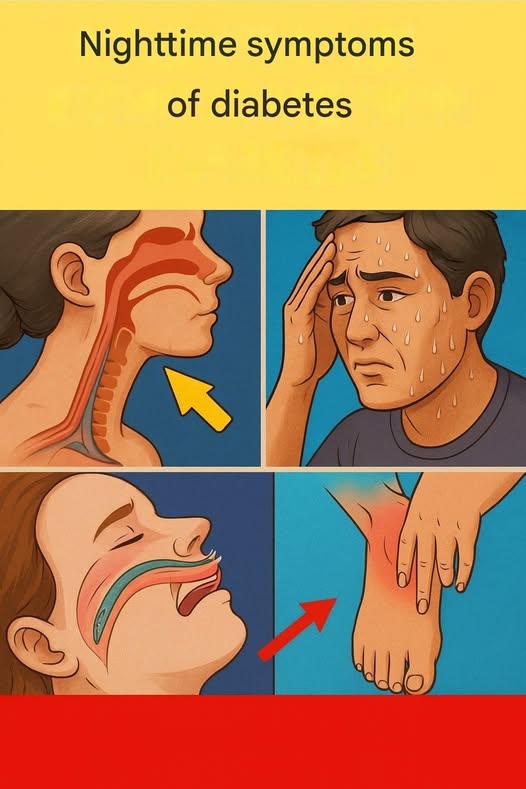Diabetes mellitus is a chronic condition that affects how your body processes blood sugar (glucose). It’s a serious disease that can lead to various health complications if left untreated. However, many individuals may have diabetes without even realizing it, as symptoms often develop gradually and can be easily overlooked.
Understanding Diabetes
There are two main types of diabetes:
- Type 1 Diabetes: An autoimmune condition where the body’s immune system attacks insulin-producing cells in the pancreas.
- Type 2 Diabetes: A condition where the body becomes resistant to insulin or doesn’t produce enough, leading to elevated blood sugar levels.
Both types can lead to similar symptoms and complications if not managed properly.

Common Symptoms of Diabetes
Recognizing the signs of diabetes early can help in managing the condition effectively. Common symptoms include:
- Frequent urination: The kidneys work overtime to filter and absorb excess sugar in the blood.
- Increased thirst: Due to frequent urination, the body loses more water, leading to dehydration.
- Extreme hunger: Fluctuations in blood sugar levels can cause intense feelings of hunger.
- Unexplained weight loss: Despite eating more, the body may start to use muscle and fat for energy.
- Fatigue: High blood sugar levels can make you feel tired and sluggish.
- Blurred vision: Elevated blood sugar can pull fluid from tissues, including the eyes, affecting your ability to focus.
- Slow-healing sores or frequent infections: High blood sugar can affect your body’s ability to heal and fight infections.
Risk Factors to Consider
Certain factors can increase the risk of developing diabetes:
- Age: Individuals over 45 are at higher risk.
- Family history: Having a parent or sibling with diabetes increases your risk.
- Obesity: Excess fat, especially abdominal fat, can lead to insulin resistance.
- Physical inactivity: Lack of exercise contributes to weight gain and insulin resistance.
- High blood pressure: Elevated blood pressure can increase the risk of diabetes.
- Abnormal cholesterol levels: Low HDL cholesterol and high triglycerides are linked to diabetes.
The Importance of Early Detection
Early detection of diabetes is crucial to prevent complications such as heart disease, kidney damage, nerve damage, and vision problems. Regular check-ups and blood tests can help identify the condition before symptoms become severe.
Managing Diabetes Effectively
If diagnosed with diabetes, managing the condition involves:
- Monitoring blood sugar levels: Regular testing helps keep blood sugar within target ranges.
- Healthy eating: A balanced diet rich in whole grains, lean proteins, and vegetables can help manage blood sugar levels.
- Regular physical activity: Exercise helps the body use insulin more effectively.
- Medications: Depending on the type of diabetes, medications or insulin therapy may be necessary.
- Stress management: Chronic stress can affect blood sugar levels, so finding ways to relax is important.

Conclusion
Diabetes is a serious condition that can lead to various health complications if left untreated. Recognizing the symptoms and understanding the risk factors can aid in early detection and management. Regular check-ups and a healthy lifestyle are key to preventing and managing diabetes effectively. Early lifestyle changes, including balanced nutrition, regular exercise, and stress reduction, can significantly reduce risks and improve long-term health outcomes for those at risk.

















